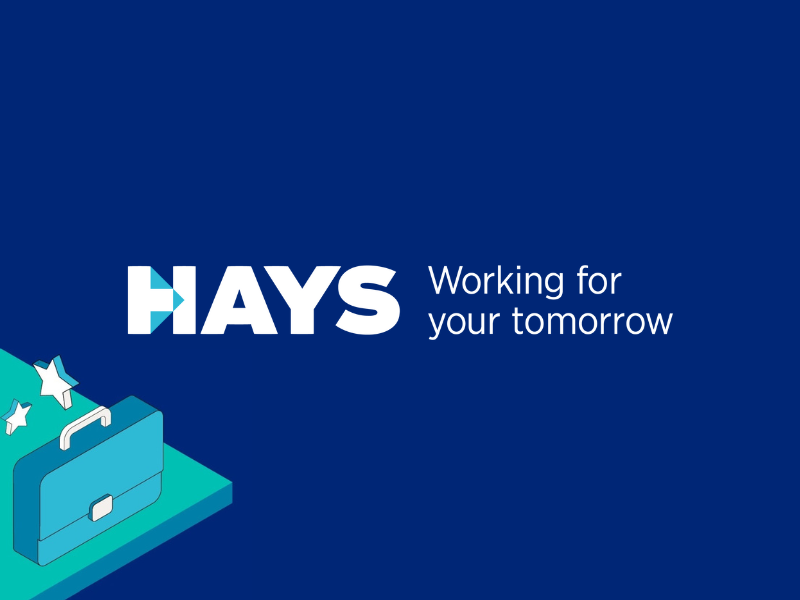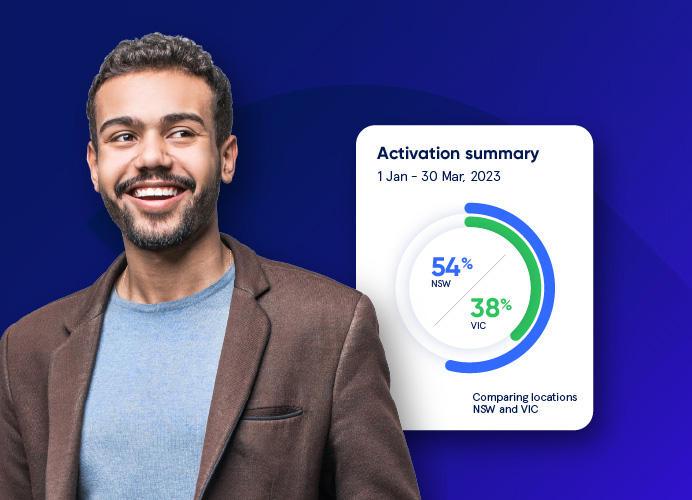Workplace safety-related critical incidents are on the rise

Insights.
Every week, news headlines showcase how unsafe it can be to go to work. We read about customer violence, armed robbery, vehicle accidents, building site accidents, and more. Even for employers who implement rigorous preventative measures, safety-related critical incidents can still occur and cause devastation across entire teams.
At Sonder, we provide support for safety, medical, and mental health. That means our team helps hundreds of workplaces each quarter that have experienced a critical incident that has the potential to cause trauma to their people.
Sadly, our newly-released Quarterly trends report showcases a rise in the percentage of safety-related critical incidents last quarter. The percentage of police incidents also nearly doubled.

54 per cent increase in the percentage of safety-related critical incidents
In the period 1 January to 31 March 2023, our team saw a 54 per cent increase in the percentage of safety-related critical incidents that needed our support.
Whilst mental health-related critical incidents still dominated (57.6 per cent), four in ten critical incidents (39.9 per cent) were primarily about personal safety, which represents a significant increase from the previous quarter. Medical acute cases represented 2.5 per cent.

In order of frequency, the safety-related critical incidents comprised primarily of:
- Police incidents;
- General safety concerns;
- Vehicle incidents;
- Severe weather events;
- Assault;
- Theft; and
- Family and domestic violence.
Interestingly, recent ABS figures do not suggest a similar rise in violence in the broader community. We believe our numbers are higher because the more that our members use and trust Sonder, the more they reach out for safety-related support.
For example, one in two members who sought the support of Sonder when they were reporting police incidents and/or were victims of harassment had previously received support from our team.
What is a workplace critical incident?
Different EAPs and support providers define "critical incidents" differently. For some, they are defined as any request for external on-site support following a workplace event. For others, the definition is reserved only for the most serious workplace events that have received executive-level approval for on-site support by an external provider.
For our purposes, we define a critical incident as any event occurring in the workplace (or on campus), or arising out of the course of work, that has the potential to cause trauma to the affected members. Examples of work-related critical incidents include: customer violence; armed robbery; attempted suicide in the workplace; and natural disasters. The death of an employee or student offsite would also be considered a critical incident.
Percentage of police incidents nearly doubled
Police incidents are most on the rise
The percentage of police incidents last quarter nearly doubled, rising from 15 to 27 per cent of our critical incidents. The top five categories were:
- Assault by a customer;
- Attempted suicide by a customer;
- Attempted suicide by a member;
- Customer death on-site; and
- Armed robbery.

Do employees and students need psychological debriefing after traumatic events?
For years, employee support programs (EAPs) have prescribed the urgent deployment of a psychologist or trauma counsellor to the scene of a critical incident or traumatic event.
Subsequently, well-intentioned organisations and educational institutions that have been keen to exercise their duty of care, have traditionally agreed to pay exorbitant rates for a psychologist to be sent onsite to support their employees after traumatic events.
However, the evidence says that psychological debriefing may do more harm than good and most employees should not need immediate psychological support.
Psychological debriefing (including critical incident stress debriefing to reconstruct the traumatic event) is not the best clinical practice. The evidence has for some time suggested that "psychological debriefing is ineffective and has adverse long-term effects. It is not an appropriate treatment for trauma victims."
This sentiment was echoed in the World Health Organisation (WHO) literature review (2012) which concluded that "psychological debriefing should not be used for people exposed recently to a traumatic event as an intervention to reduce the risk of post-traumatic stress, anxiety or depressive symptoms".
Read more evidence about why employers should cease psychological debriefing.
Some people don't want to talk yet
Our experience shows that often, people aren't open to receiving support on day one. There can be too much to absorb and it's not uncommon for them to need time to process everything they saw and/or experienced before seeking support.
We regularly help members who reach out for support not just days after traumatic events, but sometimes weeks, or even months, or even years later. Kim Powell, our Director of Nursing, shares a great example here:

What's the alternative to psychological debriefing?
(1) Psychological first aid (PFA)
Psychological First Aid (PFA) is the modern approach to critical incidents and disasters. Its premise is that people are resilient and in most cases can recover naturally from trauma.
PFA is a "humane, supportive response to a fellow human being who is suffering and who may need support", says WHO. This involves helping people feel safe, connected to others, calm and hopeful, and ensuring access to physical, emotional and social support. It aims to reduce initial distress, meet current needs, promote flexible coping and encourage adjustment - and it can be delivered by managers and colleagues.
(2) Being available when people feel ready to talk
Providing employees with a 24/7 wellbeing support service - that goes beyond a crisis hotline - allows people to reach out for support when they're ready - any time of the day or night. This type of virtual (or phone) service provides essential 'hidden' support, especially for team members who don't feel comfortable discussing their feelings during work hours at their employer's premises.
(3) Third-party, in-person support (if/when needed)
In-person psychological debriefing is off the table, but it can be beneficial for your EAP (or new-style support) provider to offer in-person support (if/when needed).
For example, on top of our 24/7, on-demand layer of virtual support, we have a nationwide team of in-person responders for critical incidents - typically emergency-services-trained personnel - who are on-call to help for both urgent and/or scheduled on-site support.
As an evidence-based provider, we don't provide psychological debriefing - our goal is always to "do no harm" - but our in-person responders can provide a calm and reassuring voice at the time of the event, teach members how to use our app to reach out for more support with our expert clinical team when they are ready, and help team members take the next steps they need on their post-event journey.

What do these critical incident trends mean for people leaders?
These critical incident trends provide a timely reminder that safety-first is critical, because, as our CEO Craig Cowdrey says, "It is hard to perform at your best if you have concerns about your safety at work or at home."
Here are some suggested next steps for people leaders who want to make a meaningful difference in the safety and wellbeing of their people:
- Improve your readiness. Whilst organisations cannot always predict or control safety-related incidents, they can put services in place to ensure that post-event care is in place. No matter what crisis presents, leaders need a plan for how to connect with their people, confirm their safety, keep them updated as events unfold, and ensure employees know how to reach out for post-event support in the days, weeks, and months to come.
- Empower your leaders. Continue to invest in building leader capability in active care. Leaders need the confidence to support team members who feel unsafe or who find themselves distressed following an incident. They also need to help their team prioritise personal safety, normalise help-seeking behaviour, respond to early warning signs, and initiate conversations about available support.
-
- Empower your employees. Simplify your employee support offerings so that employees have 24/7 access to the support they need, when they need it, without the overwhelm of multiple apps that make help-seeking difficult to navigate. Ideally, try to combine safety, medical, and mental health into one easy-to-use service so employees have a single point of entry for care.
Download our safety trends report
Our latest Quarterly trends report details all of the safety trends we observed last quarter. It includes data about personal safety support, urgent safety notices, child protection cases, and much more. We invite you to download a full copy here.
Want to learn more?
For more information about how Sonder can help you rethink your employee and/or student support, we invite you to contact us here.
About Sonder
Sonder is an Active Care technology company that helps organisations improve the wellbeing of their people so they perform at their best. Our mobile app provides immediate, 24/7 support from a team of safety, medical, and mental health professionals - plus onsite help for time-sensitive scenarios. Sonder clinicians hold certifications across the United Kingdom, Australia and New Zealand. This puts us alongside leading hospitals and healthcare institutions around the world.
Related posts
There's so much more to share
Sonder is reimagining health, safety and wellbeing support. Sonder proves human centric care leads to earlier intervention. Sonder impacts one person at a time to drive meaningful change across an organisation. Sonder understands people and how to support them.







